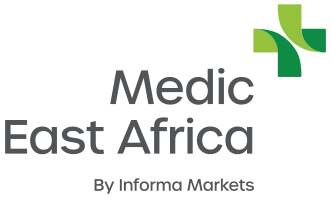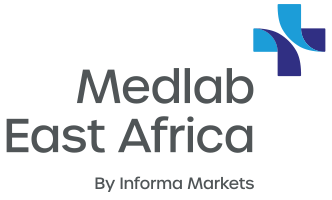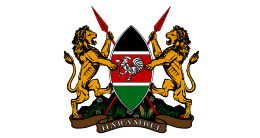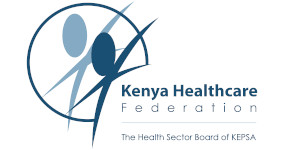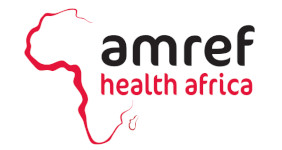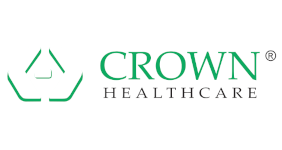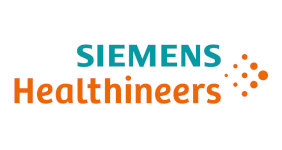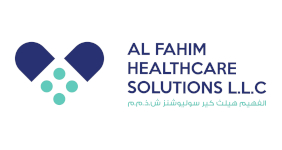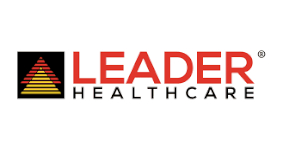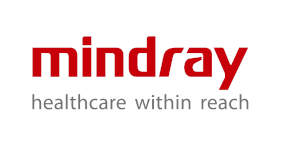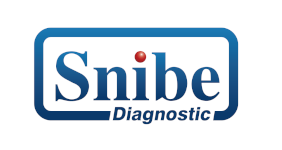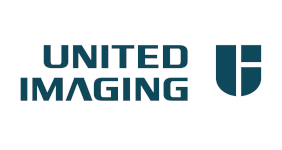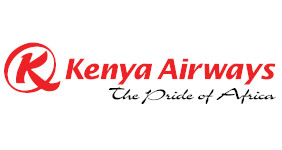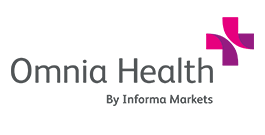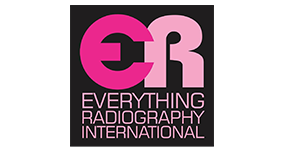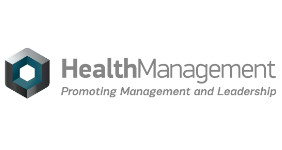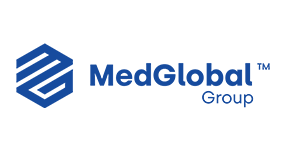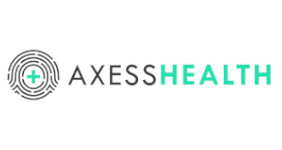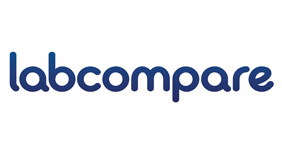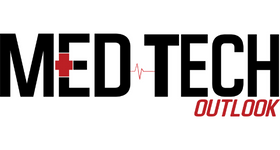Rwanda healthcare market insights 2019
In the last two decades, Rwanda’s health sector has known tremendous improvements. Major breakthroughs in medical technology have been achieved, community-based health care was enhanced, and people’s mindsets towards healthcare issues were significantly altered for the better.
Healthcare expenditure
UNICEF has reported that the Government of Rwanda allocated FRW 200.8 billion to the health sector in 2018/19, up from FRW 197.4 billion in2017/18. Though this constitutes a nominal increaseof 1.8%, when inflation is taken into consideration, the health budget shows a decrease of -3.2% compared to the 2017/18 budget. This suggests that there is a need for indexing the health budget with inflation during the budget planning phase.
Despite the average nominal health budget increase of 6.1% over the past three years, the health budget as a share of national budget continued to decline from 9.7% in 2016/17 to 8.2% 2018/19. The health budget for 2018/19 is strongly aligned with the new Health Sector Strategy (HSSP 4) priorities, with a notable increase in budget allocated to administrative and support service (a fourfold increase) and health sector planning andinformation (a sixfold increase).
Health insurance
Rwanda is the country with the highest enrolment in health insurance in Sub-Saharan Africa. Pivotalin setting Rwanda on the path to universal healthcoverage (UHC) is the community-based healthinsurance (CBHI), which covers more than three quarters of the population.
The scheme has evolved from a pure form of voluntary CBHI to one based on obligatory enrolment and subsidies from the formal sector,thus paving the way to a national health insurance model. Before the scheme became compulsory in 2006, it was already recognised as one of the rare successes of wide CBHI coverage in Sub-Saharan Africa.
